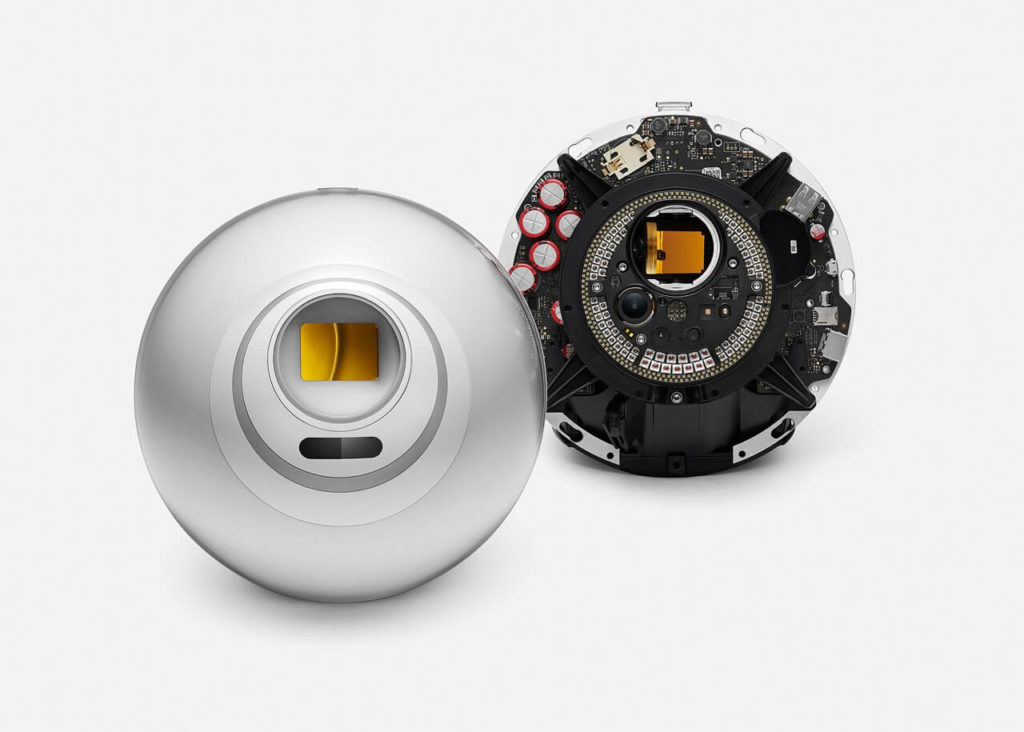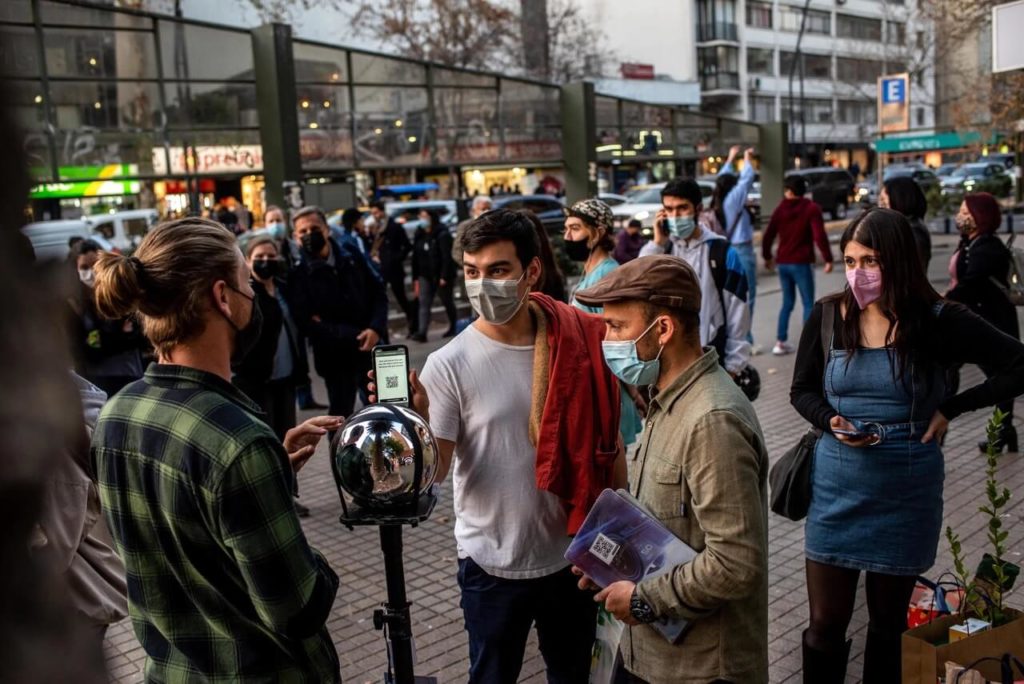In an effort to expand its reach and promote access to the global digital economy, Worldcoin says it is now making its way into Nairobi. (NOTE: Worldcoin has had some presence in Nairobi at certain malls with some metallic sphere asking people to register their eyes (iris) for digital currencies. We don’t know how safe the organisation is with your personal data, or the legitimacy of their quest. Personally, I wouldn’t advocate you give some random crypto company any biometric data, whatever the promise.)
About Worldcoin:
According to information available online, Worldcoin was co-founded by Sam Altman and Alex Blania. Sam Altman is a tech entrepreneur and investor who is the CEO of OpenAI and former president of Y Combinator. Alex Blania is a theoretical physics student who is the CEO of Worldcoin.
Worldcoin’s functioning is based on orb-shaped devices that scan individuals’ eyes and reward them with free cryptocurrency, according to online sources. By conducting an eye scan, a unique and confidential digital identity known as World ID is created, which verifies the user’s authenticity and uniqueness. The user is then granted a portion of Worldcoin tokens, as well as other digital currencies, which can be kept and utilized in a digital wallet named World App. The goal of Worldcoin is to distribute its tokens to every person on the planet, establishing equal access to the worldwide economy.

Kenya expansion:
Worldcoin says their protocol, which is intended to be the world’s largest and most inclusive identity and financial public utility, is teaming up with local organisations to offer educational resources to Kenyans about blockchain technology and emerging web3 technologies.
One of the highlights of their entry into Kenya, Worldcoin says, is the launch of a peer-to-peer (P2P) exchange that enables individuals to access digital currencies and US dollars directly with one another, without the need for a centralised third party to facilitate the transactions. This P2P exchange is the result of collaboration with Tools for Humanity (TFH) (also founded and owned by Worldcoin founders).
With 16 locations across Nairobi, Worldcoin claims that its product is providing Kenyans with access to the USD and cryptocurrencies, which were previously limited and expensive to acquire. Worldcoin Operators, who also serve as P2P agents, provide an added layer of transparency and trust. Since its pilot phase, the Worldcoin protocol has garnered over 360,000 sign-ups, and the World App has been downloaded over 1,200 times per day.
Kenya’s strong mobile money infrastructure, with services such as M-Pesa, has been a significant driver of crypto adoption in the country. In 2022, the UNTCAD estimated that there were around 1.5 million active cryptocurrency users in the country, and this number is expected to continue to rise. The Kenyan government has also set up a task force to explore the potential use cases for the technology in various industries.
Wangechi Mwangi, Market Manager for TFH in support of Worldcoin East Africa, noted that “Kenya is the financial and tech hub of East Africa, and there’s a strong, natural interest here in the technologies that are shaping the global digital economy. Worldcoin is a good example of that kind of technology, not only because of the service it provides but because, through the engagement of Tools for Humanity, it allows Kenyans to learn more about cutting-edge financial and identity products.”
WorldID:
In April 2022, TFH introduced local Kenyan founders and entrepreneurs to World ID, which Worldcoin claims is a new privacy-first digital identity protocol. The World ID for East Africa event focused on developing use cases for the technology that would be most relevant to Kenyans.
Worldcoin has also sponsored ETHSafari, the first ETH conference in sub-Saharan Africa, alongside organizations like Polygon and Celo. The multi-day event brought together individuals from around the world to learn, hack, discuss, and celebrate the decentralized future. Worldcoin also sponsored a hackathon in parallel with ETHSafari, awarding the best projects developed with the World ID SDK.

Aside from these initiatives, TFH has been collaborating with Strathmore University, one of the country’s leading schools for commerce and technology, to teach students about emerging technologies like blockchain and web3. The collaboration ranges from summits about the evolution of web3 to upcoming hackathons building with the World ID Software Developer Kit.
Should you try Worldcoin?
Personally, I wouldn’t. I have never bothered with the overly enthusiastic team I see in the malls, and I wouldn’t advise you to. Maybe in a few years if they still exist by then, and if no issues arise from the current expansion drive they’re on.
But let me not hold you back if you believe Worldcoin is doing something good. It is normal for skepticism and criticism to be prevalent in the cryptocurrency space, and it is the responsibility of individual investors and users to assess the potential risks and benefits of any project.
Nevertheless, it is also important to note that:
- Worldcoin’s use of eye-scanning orb devices for digital identity raises privacy concerns. Some critics have also questioned the ethics and legality of its biometric data collection and distribution methods, especially in developing countries where people may be more vulnerable or uninformed.
- Some users have reported that they did not receive any tokens or cash after scanning their eyes, or that they were unable to access their wallets or withdraw their funds.
- Worldcoin’s distribution model may lead to a small group of early adopters holding a disproportionate amount of the token supply.
- The vision of creating a global and inclusive economy based on a fairly-distributed cryptocurrency also seems to contradict the decentralised and trust-less nature of blockchain technology.
- Some question the motives behind Worldcoin’s mission to distribute cryptocurrency to every person on Earth. Some critics have argued that Worldcoin control could lead to censorship, manipulation, or corruption.







